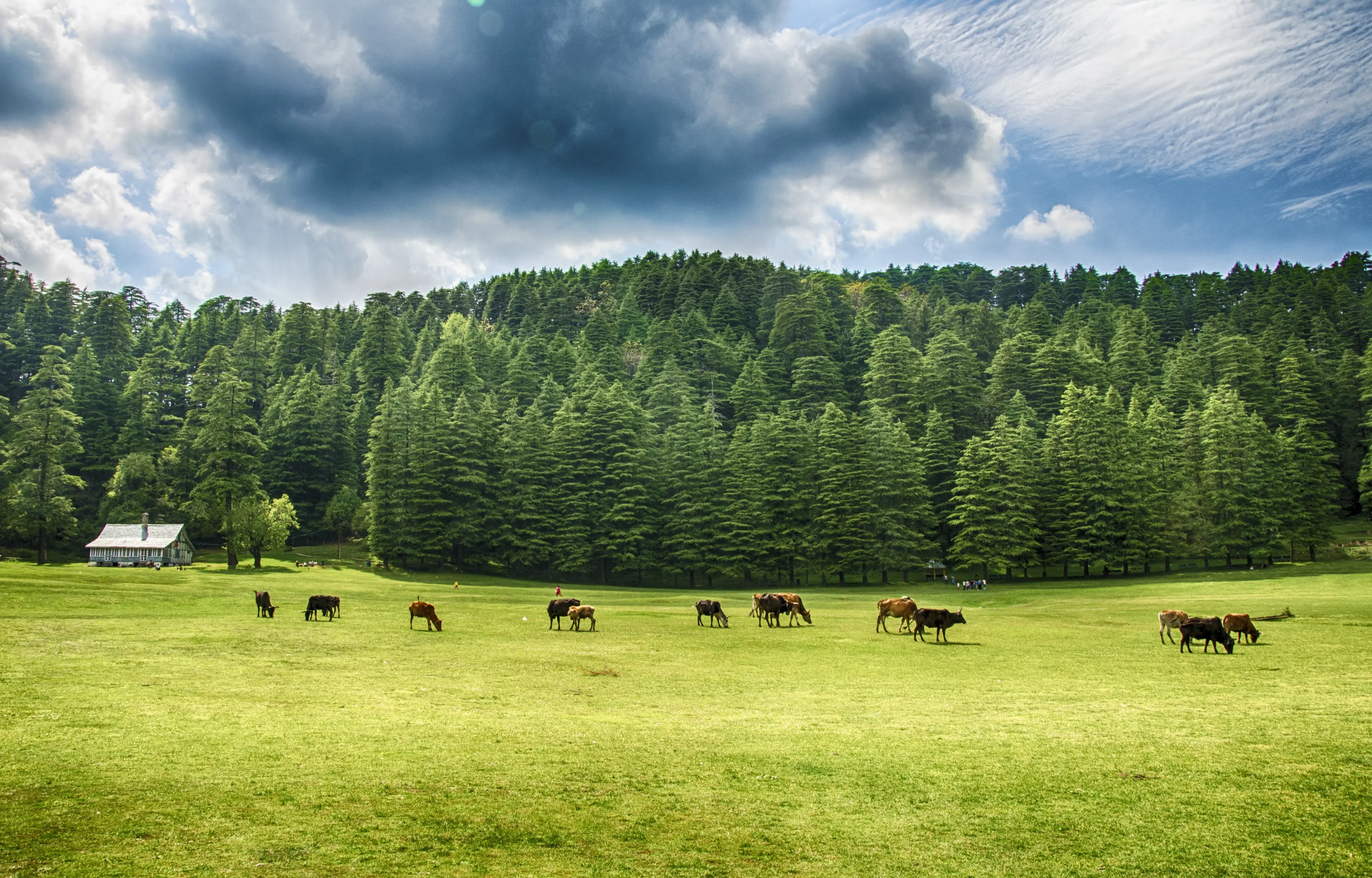
Flights
•04 min read

Organic honey has found a new home among travelers seeking sustainable living and unique cultural experiences. The charming honey farming villages, tucked away in scenic rural regions, offer a blend of natural beauty, traditional beekeeping methods, and a commitment to eco-friendly practices. In this post, we'll guide you through 10 distinctive honey farming villages where the purest organic honey is produced using age-old techniques and innovative methods alike.
Honey farming villages are small communities dedicated to the production of honey through sustainable honey farming practices. These villages are hubs for rural beekeeping practices where local communities preserve traditional beekeeping methods that have been passed down through generations. They play a crucial role in not only generating organic honey but also in supporting rural livelihoods and maintaining ecological balance.
Organic honey cultivation avoids chemicals and pesticides, ensuring the honey remains pure and beneficial for both consumers and the environment. Honey farming villages contribute significantly to biodiversity by nurturing ecosystems where bees thrive. This practice helps in sustaining local flora and fauna, making these villages important centers for sustainable honey farming and organic honey cultivation.
Manghar Village is celebrated as India’s first honey village. With the pioneering Madhache Gaon project in place, this destination has become a flagship in promoting honey tourism. Visitors are invited to witness innovative beekeeping communities at work and to savor organic honey produced with traditional care.
In the heart of Meghalaya, Kongthong Village is renowned for its time-honored beekeeping methods. The culture here revolves around honey production, and the village's skilled techniques result in high-quality organic honey. Its rich cultural narratives amplify the delight of exploring this region.
Nestled in the lush landscapes of West Bengal, Gurdum Village offers a unique blend of traditional honeybee farming techniques and eco-tourism. The village’s natural surroundings of dense forest and rich biodiversity set an ideal stage for sustainable honey production and offer visitors immersive nature experiences.
Sindhudurg District stands out for its small-scale honey production efforts and maintained rural beekeeping practices. With supportive government initiatives in place, the region continues to advance organic honey cultivation while preserving local traditions and sustainable practices.
Gadchiroli District is known for its natural honey harvesting methods. Here, tribal communities play a pivotal role in honey production, combining indigenous knowledge with sustainable techniques to yield pure, organic honey that reflects the region’s rich heritage.

Nanakmatta Village in Uttarakhand is an emerging hub for innovative honeybee farming techniques. Utilizing modern technology alongside traditional practices, Nanakmatta contributes significantly to rural employment and sets a benchmark in sustainable honey farming.
In Amravati District, traditional beekeeping methods remain at the core of organic honey production. The area is celebrated for its commitment to preserving biodiversity while practicing sustainable honey farming in a modern context.
Kolhapur District artfully blends honey farming with the rich tapestry of cultural heritage and eco-tourism. The presence of passionate local honey producers and an emphasis on high-quality products make this region a delight for both enthusiasts and casual visitors.
The hills of North Bengal are alive with a buzzing beekeeping culture. These villages are renowned for producing medicinal honey, cherished not only for its taste but also for its natural health benefits. The picturesque landscapes amplify the region's appeal for those who appreciate natural remedies and eco-friendly escapades.
Positioned amidst the scenic Khasi Hills, this area is famed for premium organic honey. Local communities employ age-old natural honey harvesting methods, ensuring that each jar of honey reflects the purity of the environment and the heritage of traditional beekeeping methods.
Visiting these honey farming villages supports sustainable tourism and bolsters rural economies. Travelers can enjoy unique experiences including honey tasting sessions, interactive beekeeping workshops, and guided nature trails that reveal the secrets of local flora and bee populations.
The experiential component of these visits offers valuable lessons in traditional beekeeping. Observing artisanal honey production firsthand allows visitors to appreciate the meticulous care taken in every step – a vital preservation of heritage that can inspire future generations with eco-conscious practices.
Purchasing honey directly from local beekeeping communities ensures that revenue flows back to rural areas. This practice enhances the authenticity and quality of organic honey and reinforces the bond between traditional honey production and the communities that cultivate these prized products.
-95e61ea7-ab4c-459c-9b20-5d183cfc507b.png&w=3840&q=75)
The future of honey farming villages faces challenges such as climate change, habitat destruction, and the increasing use of pesticides, all of which endanger honeybee populations. These environmental threats require concerted efforts to safeguard the delicate balance within these ecosystems.
Efforts such as the Honey Mission and multiple regional initiatives, sometimes referred to as the Sweet Revolution, are being implemented to support honey farming villages. Local communities are joining hands with governmental bodies to promote sustainable practices that not only conserve the environment but also secure a stable income for rural beekeeping communities.
Did you know? The Indian government’s Sweet Revolution aims to double farmers' income through honey production while promoting ecological balance. Honey farming villages are at the forefront of this initiative, showcasing how sustainability and profitability can go hand in hand.
Manghar Village in Satara District is recognized as Maharashtra’s first honey village under the Madhache Gaon project.
Kongthong Village in Meghalaya is renowned for its organic honey production and traditional beekeeping practices.
The largest honey farms are found in regions like Maharashtra and Meghalaya, where supportive government initiatives promote large-scale honey production.
Organic honey contains no chemicals or pesticides, making it healthier and environmentally friendly. It also nurtures biodiversity and supports sustainable practices.
Numerous honey farming villages, including Manghar and Kongthong, welcome visitors. Check with local tourism boards or community initiatives to plan your visit.
Honey farming villages go beyond being mere centers for organic honey production; they embody sustainability, tradition, and rural empowerment. Trips to these destinations offer travelers an opportunity to connect with nature, learn traditional beekeeping techniques, and support local communities. Embracing these experiences not only enriches your travel diary but also contributes to environmental conservation and the sweet heritage of organic honey.